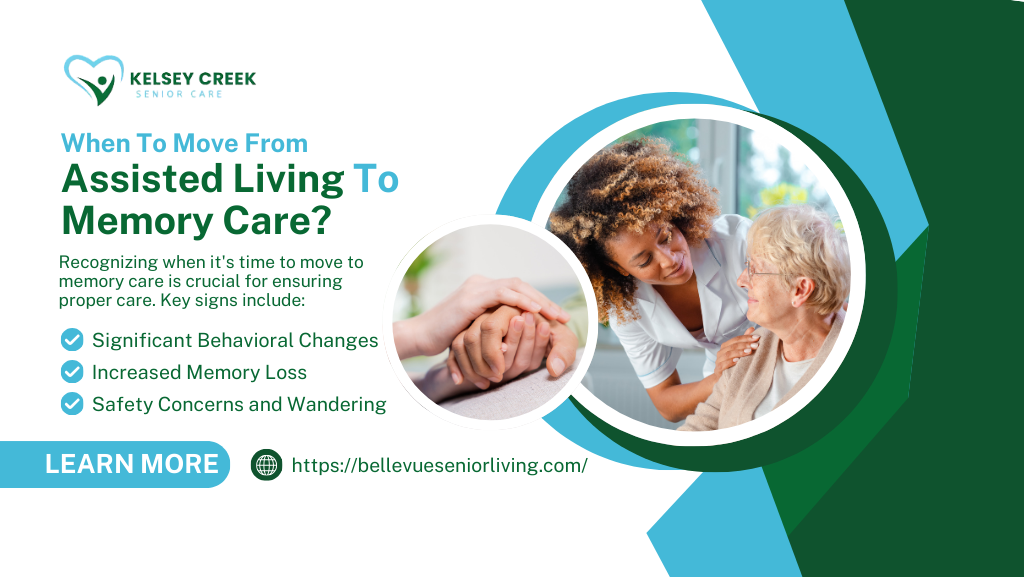Concentrated Memory Assistance and Care Options with Alzheimers Care Charlotte
Wiki Article
Professional Tips for Providing High quality Alzheimer's Care in your home
Taking care of a private with Alzheimer's condition in the house presents one-of-a-kind obstacles that call for both understanding and critical preparation. Establishing a structured daily routine, improving communication abilities, and creating a secure environment are necessary elements of reliable caregiving. Furthermore, caregivers should not neglect the importance of looking for outside support and sources to maintain their very own wellness. As we discover these professional tips better, it comes to be clear that a thoughtful method can considerably influence the high quality of life for both the caregiver and the private receiving treatment. What particular approaches can be carried out to ensure an encouraging atmosphere?Understand Alzheimer's Illness
Alzheimer's disease, a progressive neurodegenerative condition, profoundly influences cognitive function and everyday living tasks. It mainly influences memory, believing, and behavior, causing a gradual decline in the capacities needed for independent living. Early signs and symptoms commonly include forgetfulness, problem in problem-solving, and obstacles in finishing familiar jobs. As the illness progresses, individuals might experience disorientation to time and place, impaired judgment, and changes in state of mind and personality.The etiology of Alzheimer's is intricate, including the buildup of amyloid plaques and tau tangles in the brain, which disrupt neuronal communication and cause cell fatality. Threat aspects consist of age, genetics, and way of living options, with most of situations occurring in individuals over 65. Understanding of these aspects is crucial for caretakers, as recognizing the problem can facilitate far better support and treatment strategies.
Furthermore, Alzheimer's condition not just affects the private yet additionally has significant psychological and logistical ramifications for family members. Acknowledging the phases of the disease enables caregivers to anticipate obstacles and adapt their strategy, making certain that the requirements of those affected are met concern and understanding. This fundamental knowledge is crucial for promoting top quality treatment at home.
Establish a Routine
Developing a structured day-to-day routine can substantially boost the lifestyle for individuals coping with Alzheimer's disease. Establishing regular patterns helps to decrease confusion and anxiousness, offering a sense of safety and familiarity. A day-to-day routine must consist of routine times for meals, activities, and rest, which can help individuals anticipate what to anticipate throughout the day.
Including straightforward, acquainted jobs right into the regimen can promote a feeling of success and independence. Tasks like horticulture, cooking, or perhaps basic household jobs can be beneficial. It is necessary to tailor these activities to the person's capabilities and passions, making sure involvement without aggravation.
Moreover, versatility within the routine is crucial. While consistency is necessary, enabling changes based upon the person's mood or power levels can aid keep a positive atmosphere. Motivate involvement in social interactions, whether through family members sees or neighborhood tasks, as these can provide stimulation and connection.
Enhance Interaction Skills
Reliable communication is important for preserving meaningful connections with people coping with Alzheimer's illness. As cognitive capabilities decrease, typical discussion may become difficult. Consequently, caretakers must adjust their interaction try this site techniques to foster understanding and link.
Active listening is essential. Show real passion by preserving eye contact and responding to recognize their feelings or thoughts. Stay clear of remedying or arguing, as this might cause frustration. Rather, confirm their feelings and redirect the conversation carefully if required.
Making use of aesthetic aids, such as pictures or written suggestions, can also enhance comprehension. Encourage engagement in activities that boost conversation, such as recollecting concerning past events or looking through photo cds.
Develop a Safe Environment
A helpful setting plays a significant function in the well-being of people with Alzheimer's condition. Developing a secure home setting is necessary to lessen threats and improve the top quality of life for both the private and their caretakers. Begin by evaluating the home for prospective dangers. Eliminate stumbling dangers such as loosened carpets, electric cables, and clutter. Ensure that pathways are clear and well-lit to avoid falls.Install safety locks on windows and doors to stop roaming, which is a typical problem in Alzheimer's individuals. Additionally, take go to website into consideration using non-slip mats in shower rooms and install grab bars for included support. Labeling spaces and crucial things can aid people navigate their environments extra quickly.
Emergency contacts ought to be clearly published near phones, and a clinical sharp system can give tranquility of mind. Generally, customizing the home setting to the one-of-a-kind demands of the private with Alzheimer's not just advertises safety but additionally motivates freedom and convenience.
Look For Support and Resources
Accessing assistance and sources is critical for caregivers and individuals dealing with the difficulties of Alzheimer's illness. Caregiving can be overwhelming, both literally and psychologically, and it is crucial for caretakers to seek help to keep their health and give top quality treatment.
In addition, discovering break treatment choices can manage caretakers much-needed breaks, permitting them to charge and reduce exhaustion. This may include grown-up day programs or in-home treatment my explanation solutions. Monetary support programs might also be readily available to assist balance out the prices of care.

Verdict
In recap, giving quality Alzheimer's treatment in the house requires a multifaceted method. Recognizing the complexities of the illness, developing an organized routine, enhancing interaction abilities, developing a safe environment, and seeking support from readily available sources collectively add to enhanced caregiving experiences. Implementing these methods not just cultivates a feeling of independence and success for people with Alzheimer's yet also reduces caregiver stress and anxiety, ultimately enhancing the quality of life for both caregivers and those they support.Caring for a specific with Alzheimer's condition at home presents one-of-a-kind obstacles that call for both understanding and critical preparation.Moreover, Alzheimer's illness not just impacts the private yet additionally has substantial emotional and logistical ramifications for families.Producing a structured everyday routine can considerably boost the top quality of life for people living with Alzheimer's condition.Efficient interaction is essential for maintaining purposeful links with people living with Alzheimer's illness. Alzheimers Care Charlotte. Carrying out these strategies not just fosters a sense of self-reliance and achievement for individuals with Alzheimer's but also eases caretaker stress, ultimately improving the quality of life for both caregivers and those they support
Report this wiki page